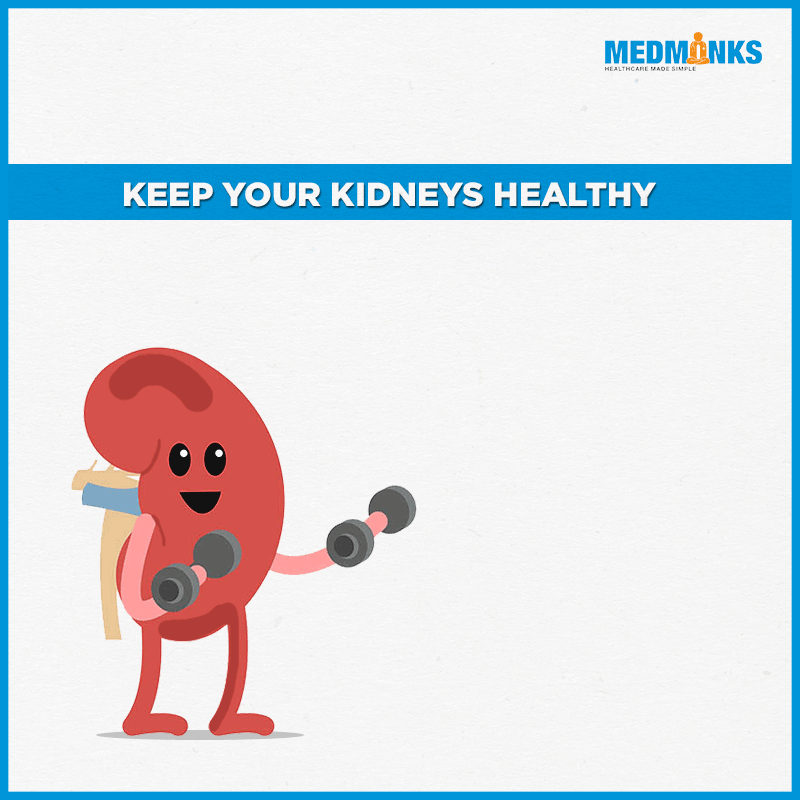7 Secrets to Kidney Health

High blood pressure, diabetes or a family history of kidney failure put one in three Americans at an increased risk of developing kidney disease. But even if you don’t fit in any of those risk categories, it’s important to take care of these critically important organs.
7 secrets to kidney health
You can do a number of things to keep your kidneys functioning properly and keep them as healthy as possible at every stage of life.
1. Hydrate, but don’t overdo it. “Contrary to popular belief, no studies have proven over-hydration as an effective practice in enhancing kidney function,” says nephrologist James Simon, MD. So, while it’s always a good idea to drink enough water, drinking more than the typical four to six glasses a day probably won’t help your kidneys do their job any better.
2. Eat healthy foods. Your kidneys can tolerate a wide range of dietary habits, but Dr Simon points out that most kidney problems arise out of other medical conditions like high blood pressure and diabetes. Because of this, he suggests you follow healthy, moderate eating habits to control weight and blood pressure. Preventing diabetes and high blood pressure will help keep kidneys in good condition.
3. Exercise regularly. If you’re healthy, getting your exercise is a good idea because, like healthy eating habits, regular physical activity can stave off weight gain and high blood pressure. But do be mindful of how much exercise you do, especially if you’re not conditioned.“Overexerting yourself when you’re not fit and healthy can put a strain on your kidneys, especially if you exercise much that you cause excessive breakdown of muscle tissue,” says Dr Simon.
4. Use caution with supplements and herbal remedies. Excessive amounts of certain vitamin supplements and some herbal extracts may be harmful to your kidneys. Talk to your doctor about any vitamins and herbs you plan to take.
5. Quit smoking. Smoking can damage blood vessels, which decreases the flow of blood in the kidneys. When the kidneys don’t have adequate blood flow, they can’t function at optimal levels. Smoking also increases the risk of high blood pressure as well as the risk of kidney cancer.
6. Don’t overdo it when taking over-the-counter medications. “Common non-prescription pills like ibuprofen and naproxen (NSAID’s) can cause kidney damage if taken too regularly over a prolonged period,” Dr Simon says. If you have healthy kidneys and use these medicines for occasional pain, they probably don’t pose a risk. But Dr. Simon says that if you take them for chronic pain or arthritis, you should talk to your doctor about monitoring your kidney function or finding alternative ways to control your pain.
7. If you’re at risk, get regular kidney function screening. “If you have either diabetes or high blood pressure, your physician should screen for kidney dysfunction as part of routine care for those conditions,” Dr Simon says.
The big kidney health takeaway
Often, your kidneys simply become affected by other medical conditions. The most important thing you can do to keep your kidneys safe is to take care of your body to reduce your chances of developing diseases that put a strain on your kidneys.
Dr Simon says, “Eat healthily, exercise regularly and control your weight. These healthy practices are not new and definitely not specific to kidney health. Healthy kidneys like a healthy body.”
Source: Cleveland Clinic





